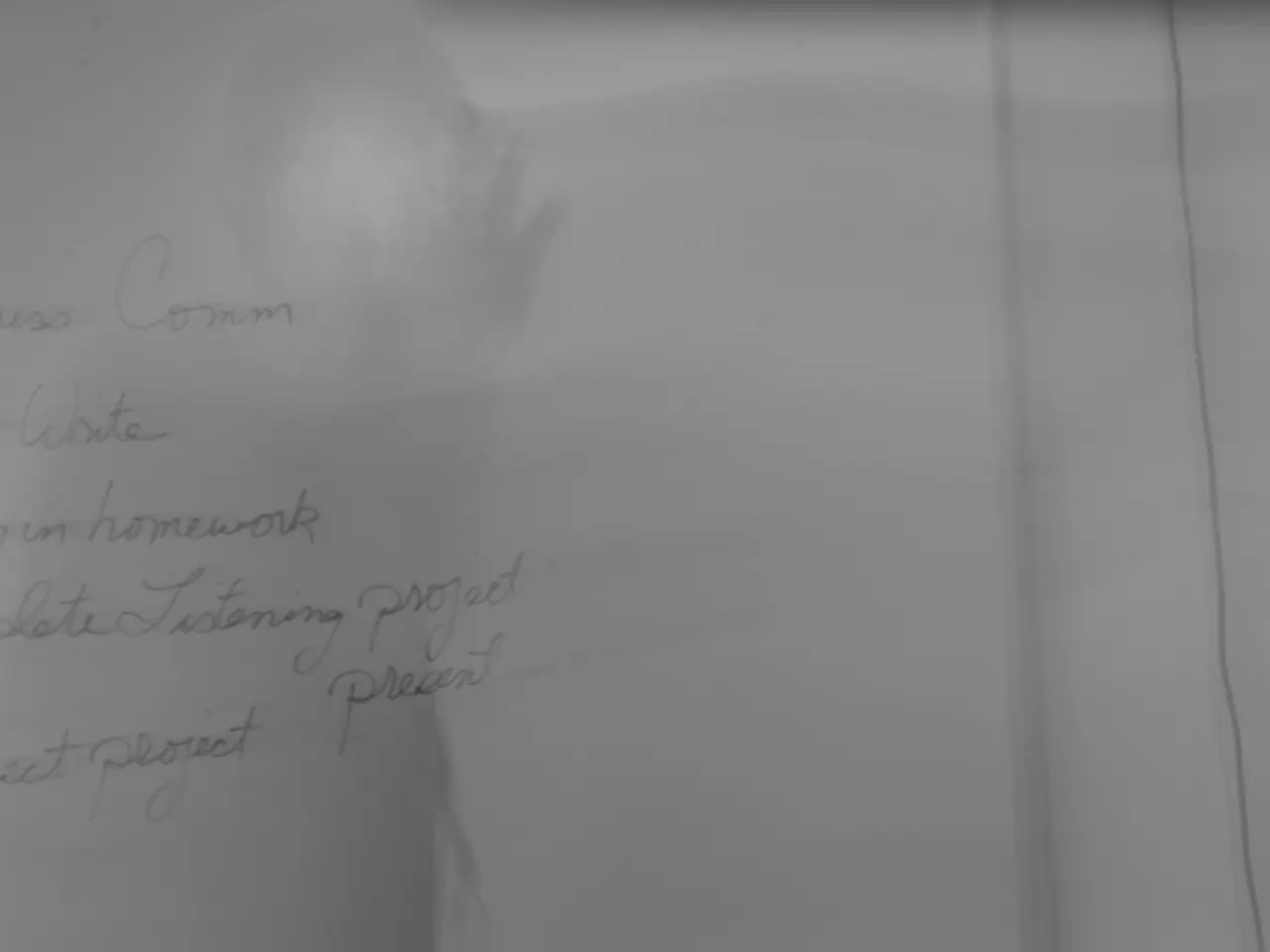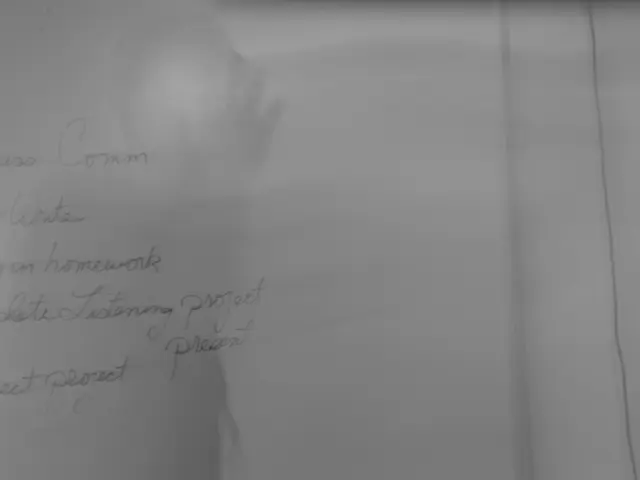Trump set to solidify Squires' appointment as USPTO Director through the use of Nuclear Option on Thursday.
After a series of votes on Wednesday morning, the U.S. Senate confirmed John Squires as the Director of the U.S. Patent and Trademark Office (USPTO). Squires' nomination, which came earlier in the political cycle than is typical for incoming USPTO Directors, was referred to the U.S. Senate Committee on the Judiciary in March.
The confirmation vote for Squires was part of Senate Republicans' exercise of the 'nuclear option' for confirmations. This move, which lowers the number of votes required for confirmation from 60 to a simple majority, has been a topic of debate in recent political discussions.
Squires is generally viewed as pro-patent and pro-innovation, and his nomination has been met with support from key figures in the patent community. He is known to be very aligned on patent matters with Acting Director Coke Morgan Stewart and Commerce Secretary Howard Lutnick.
During his confirmation hearing in May, Squires expressed concerns about the high error rate of patent issuance, as reflected by claims cancelled through inter partes review (IPR) at the Patent Trial and Appeal Board (PTAB). He stated that a 68% rate of patents found defective in IPR reflects efforts that the agency must undertake to improve patent quality.
Acting Director Stewart's tenure has been marked by several controversial decisions. For instance, she decided requests for discretionary denials of IPRs filed by patent owners under her Director's authority to decide IPR institution codified at 35 U.S.C. § 314(a). This decision has been criticised by some, with a former deputy counsel for the USPTO calling out Stewart's 'unaccountable governance' as Acting Director.
Stewart has encouraged PTAB petitioners to bring validity challenges earlier in a patent's lifetime and announced an interim process for PTAB workload management in March. This week, she issued a memorandum noting that the PTAB will explain its reasoning when making findings that differ from prior adjudications of validity for those patent claims.
Through early September, discretionary denials granted by Stewart have been notable for considering the settled expectations of patent owners. However, Squires' approach to these matters is yet to be seen as he officially assumes the role as USPTO Director, a role that has been vacant since the early hours of Wednesday morning, after months of comprehensive reforms by the acting director Coke Morgan Stewart.
Additionally, concerns over the innovation-chilling implications of a valuation-based framework for assessing patent fees have been raised as this framework has reportedly been debated within the Commerce Department. It remains to be seen how Squires will address these concerns during his tenure as USPTO Director.
The only no votes came from Democratic Senators Sheldon Whitehouse (D-RI) and Cory Booker (D-NJ). Their reasons for voting against Squires' nomination are not currently known.
As Squires begins his tenure as USPTO Director, he faces a challenging task of balancing the needs of patent owners, inventors, and the broader innovation community while maintaining the integrity and efficiency of the patent system.
Read also:
- United States tariffs pose a threat to India, necessitating the recruitment of adept negotiators or strategists, similar to those who had influenced Trump's decisions.
- Weekly happenings in the German Federal Parliament (Bundestag)
- Southwest region's most popular posts, accompanied by an inquiry:
- Discussion between Putin and Trump in Alaska could potentially overshadow Ukraine's concerns








